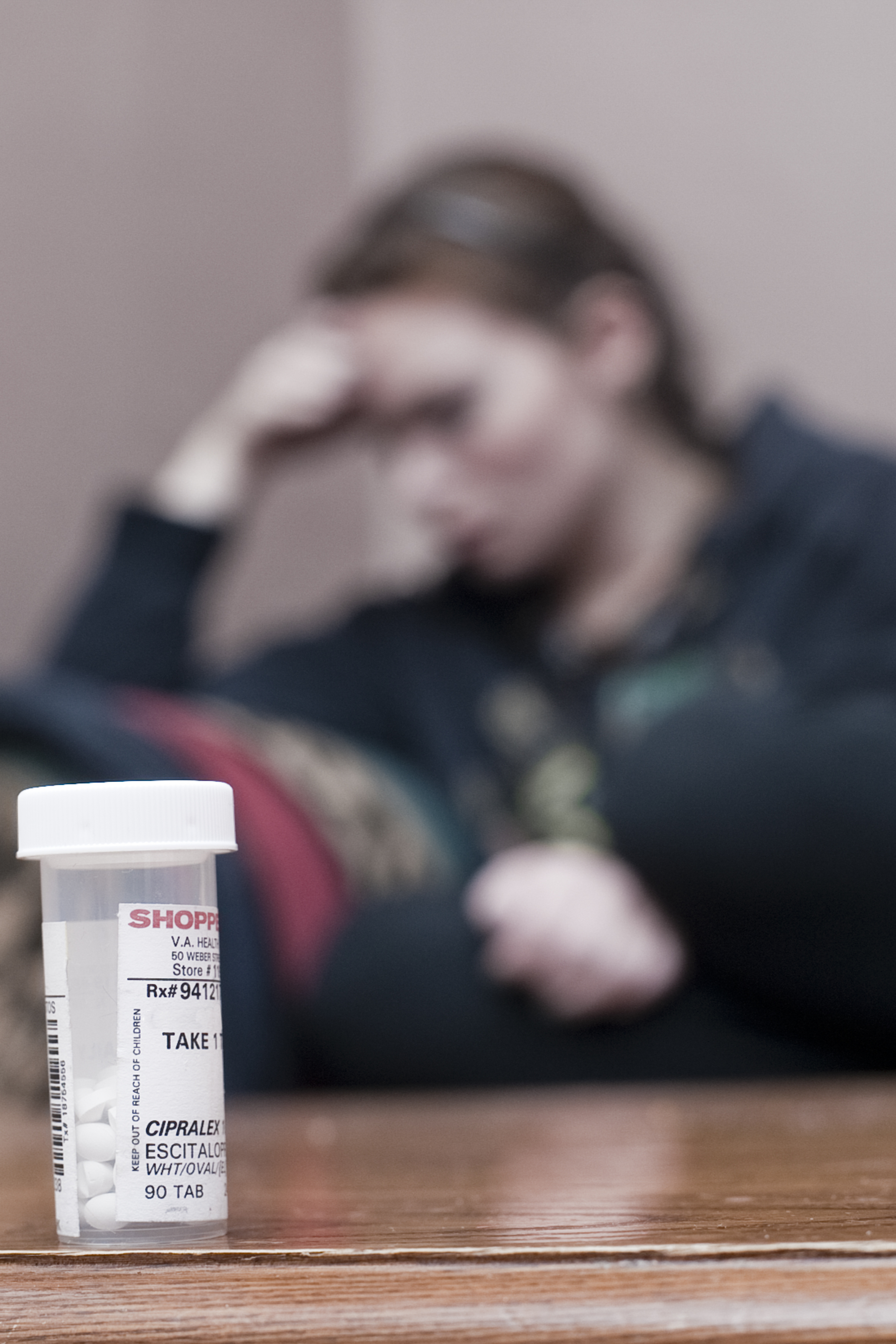‘I didn’t care anymore’


“I try to balance being who I am today and remembering who I have been to the people around me,” Michael Onabolu, former Wilfrid Laurier University Students’ Union president and CEO, reflected when looking back at his experiences dealing with depression.
Depression is a condition of mental disturbance characterized by such feelings to a greater degree than what seems warranted by the external circumstances. This form of mental illness most commonly manifests itself between the ages of 15 and 24, greatly impacting students who are in college and university.
Adrienne Luft, the mental health student support team leader at Laurier, explained that depression often manifests itself when students attend university, due to the sensitive nature of their new environment. “There are often a lot of stressors for students when they’re transitioning to university that can also impact them,” Luft said. “A move from a home community, if they’re not connecting with their peers is something that could exacerbate based on their mood and their mental health issues.”
Having dealt with depression a number of times in his life, Onabolu first found that he did not care about anything, including his family, friends, personal relationships or his job. This lack of care then led him to stop caring about how he looked and finally, Onabolu didn’t care about tending to the basics of living, such as eating or showering. This took the shape of his depression.
“I didn’t care if people liked me or not, I didn’t worry about esteem or worries at all really because I didn’t care,” Onabolu explained. “As my care started to slip, my concern with myself really started to slip also.”
Onabolu, who described himself as feeling like he became lost in his thoughts, had reached a breaking point where on a few separate occasions, different people brought him to the hospital. After a nurse told Onabolu that he was in crisis he was baffled, as he could not understand how a nurse could know that he was in a crisis.
After being checked out by the nurses and doctors, Onabolu stayed overnight at the hospital and got a good night’s rest without any anxiety. The next morning, Onabolu dealt with nervousness about leaving the safe environment of the hospital.
Onabolu shared that he had never told himself that he needed help, despite having moments in his life where he had asked for help. He had talked to people both personally and professionally who would listen but were unable to completely understand what he was going through. However, Onabolu came to a pivotal realization, which he called the “turning point” in his life, where he had to believe in himself and get the help that he needed.
Though he believes that one should always seek help from others when dealing with depression, Onabolu also stated that one must also be able to help themselves and be strong enough to see strength in their own character.
“People can help you to a point, but that last bit, even if it’s just one per cent that you have to do yourself, do it for yourself. At the end of the day, only you are responsible for you, no matter what age you are,” Onabolu shared. “If each individual person does not acknowledge that for themselves, which I had to for myself acknowledge that no matter what anyone says to me or about me or does for me out of care or concern, if I don’t have it for myself, I will never change.”
Services are available on campus for those who are dealing with mental illnesses such as depression. These services include ones such as counselling services, as well as a peer help line to aid anyone who is dealing with mental illness or are in a crisis.
Luft acknowledges that while there have been improvements in terms of providing services for mental health on university campuses, more can be done in terms of getting enough support for mental illness on campus.
“I think there is still a long way to go, it’s something that is becoming more acceptable to talk about,” Luft reiterated. “But I think it can still be a challenge to come forward with that when you’re experiencing that yourself.”
Both Luft and Onabolu agree that the best advice that they can offer to someone who is in distress about seeking help for their depression is to admit the problem to themselves before they seek help from someone else.
“Admit it to yourself first. It’s the easiest in some senses but hardest in others because saying it to yourself makes it real and it’s no longer part of the inward world but part of the outward,” Onabolu explained. “Once you’ve done that, if you get scared or you get emotional talk to somebody you love, someone you trust and know. Talk to someone who is available for you.”
Though he realizes that challenges in the future are inevitable, Onabolu believes that his journey with depression has enriched his life , his relationships with others and himself greatly.
“I understand life a lot better now and I’m less afraid of it.


